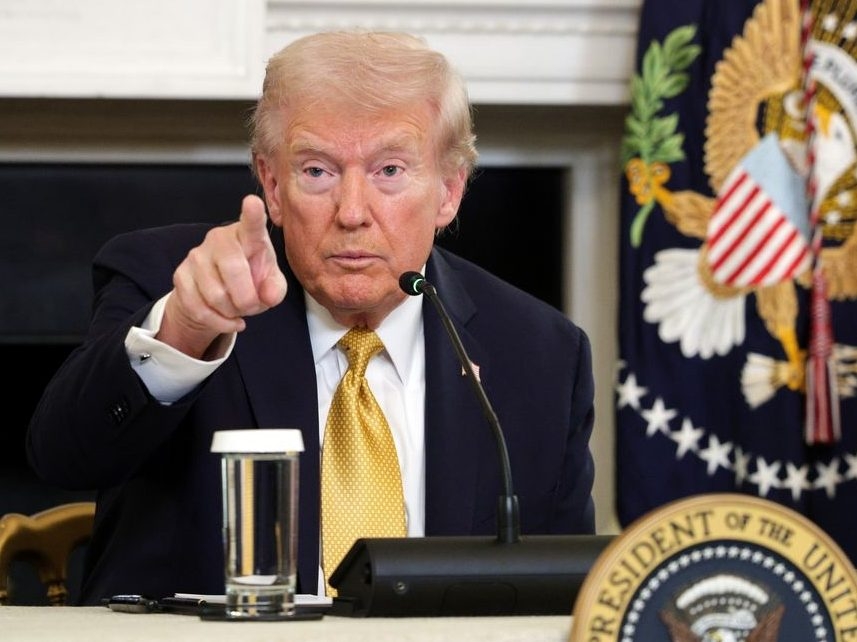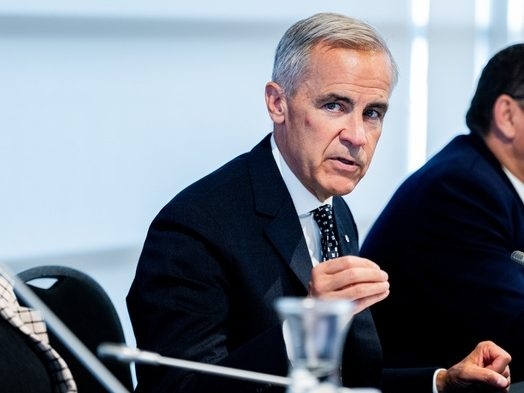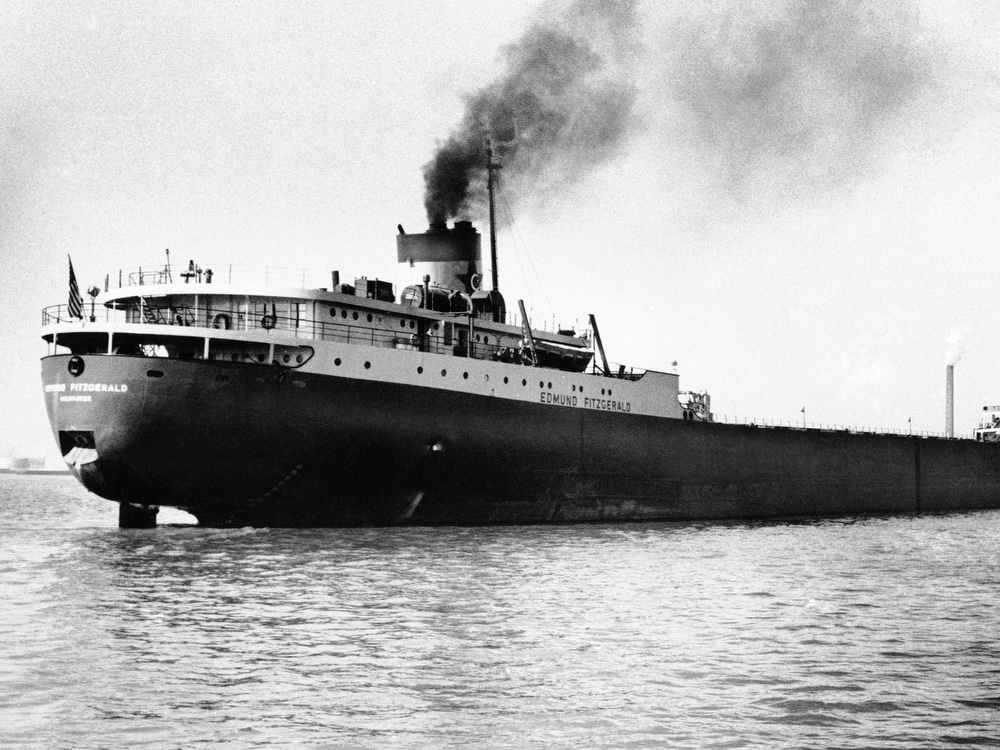The fate of sweeping tariffs enacted under a former president hung in the balance Wednesday, as the highest court in the nation rigorously questioned government lawyers.
For two and a half hours, justices dissected the legality and constitutional soundness of utilizing the International Emergency Economic Powers Act (IEEPA) to impose broad tariffs on trading partners.
The arguments, stemming from cases brought by twelve states and several businesses, concluded mid-afternoon, but a decision won’t arrive for months, leaving the issue suspended in legal uncertainty.

Lower courts – the U.S. District Court and the Court of International Trade – had previously ruled against the president’s use of IEEPA, asserting it didn’t authorize such tariff implementation.
The Solicitor General faced intense scrutiny from both conservative and liberal justices, defending the president’s actions as lawful despite the existing legal precedents.
Justice Ketanji Brown Jackson challenged the government’s position, arguing that IEEPA, enacted in 1977, was specifically designed to *limit* presidential power, not expand it.
She pointed to congressional concerns regarding the broad authority previously exercised under the Trading with the Enemy Act of 1917, suggesting IEEPA was intended as a corrective measure.
Jackson questioned the logic of interpreting a law meant to constrain presidential authority in a way that grants “essentially, unlimited authority.”
The Solicitor General countered, maintaining that Congress didn’t intend to alter the scope of the act or diminish the tools available to the president.
A historical precedent was raised, with the Solicitor General noting that President Richard Nixon had invoked similar powers under the earlier act to impose a 10% tariff on all imports in 1971.
This action, taken during a balance-of-payments crisis marked by inflation and overseas spending exceeding exports, remains the only other instance of a president using emergency powers to enact broad tariffs.
The case carries significant weight, with the former president himself labeling it “one of the most important and consequential” decisions ever considered by the court.




